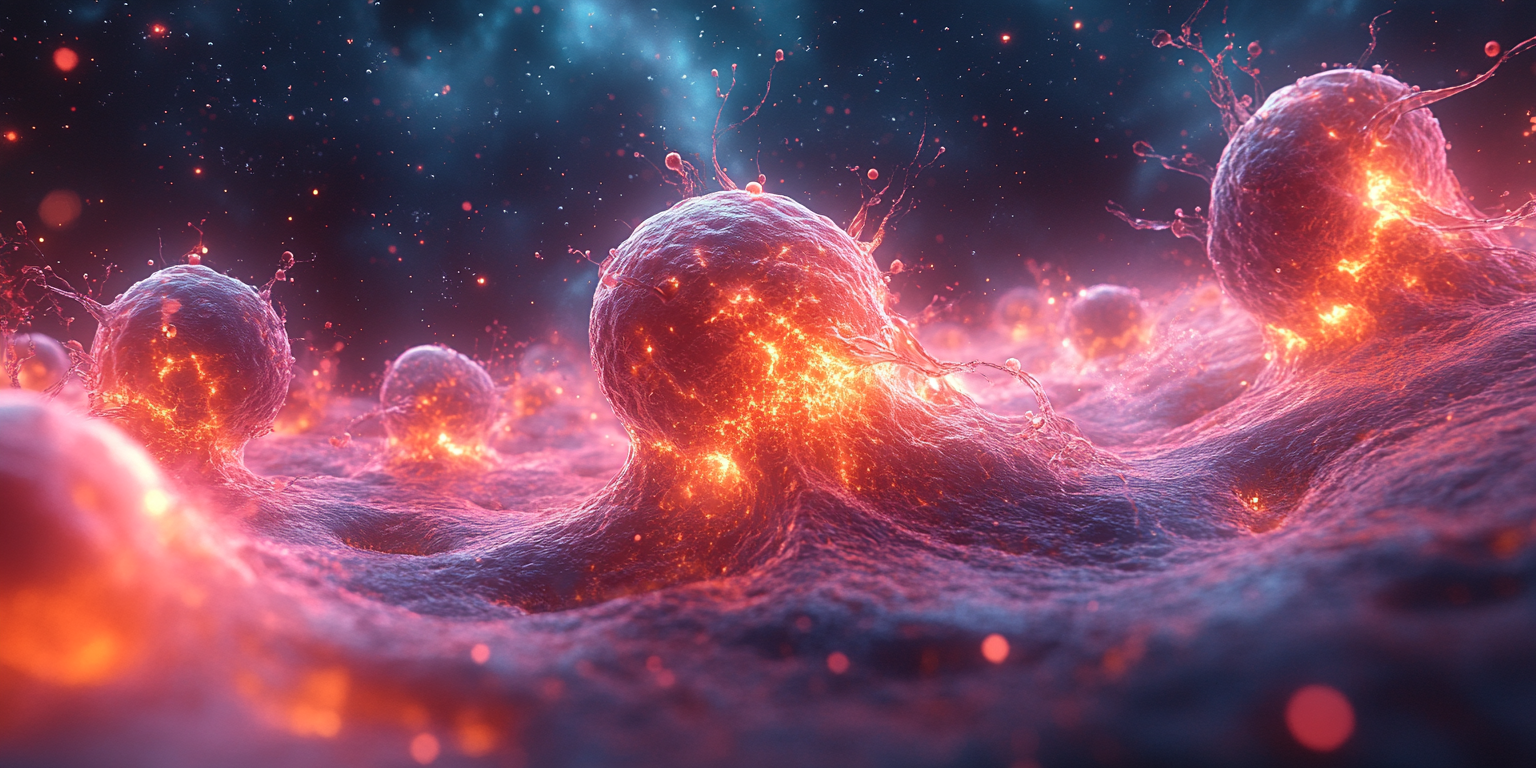Introduction to Quantum Immunology Engineering
Quantum Immunology Engineering (QIE) is a revolutionary field that merges quantum physics, immunology, and bioengineering to manipulate and enhance the immune system at the quantum level. This avant-garde discipline aims to harness quantum phenomena such as superposition and entanglement to create ultra-precise immunotherapies and develop a new generation of quantum-enhanced vaccines.
As we face increasingly complex health challenges, QIE emerges as a transformative approach to disease prevention and treatment. By leveraging quantum principles in immune system modulation, this field has the potential to offer unprecedented precision in treating autoimmune disorders, cancers, and infectious diseases, while also dramatically improving vaccine efficacy and personalizing immune responses.
Fundamental Principles of Quantum Immunology Engineering
At its core, QIE operates on the principle that quantum effects play a crucial role in the molecular interactions governing immune responses. This involves studying and manipulating quantum tunneling in enzyme reactions, quantum coherence in photosynthetic-like energy transfer within immune cells, and entanglement-like phenomena in cellular communication.
A key concept is quantum-enhanced antigen recognition, where the quantum properties of antibodies and antigens are exploited to achieve hyper-specific binding, potentially allowing for the targeting of previously "undruggable" disease markers.
Another fundamental aspect is the development of quantum-entangled immune cell networks. By inducing quantum entanglement between immune cells, researchers aim to create coordinated immune responses that are faster, more efficient, and highly targeted.
Groundbreaking Applications
One of the most promising applications of QIE is in cancer immunotherapy. Quantum-engineered T-cells could potentially recognize and eliminate cancer cells with unprecedented precision, minimizing side effects and improving treatment efficacy.
In the realm of vaccine development, QIE offers the potential for "quantum vaccines" that leverage superposition states to simultaneously target multiple strains of a pathogen, potentially creating universal vaccines for rapidly mutating viruses like influenza.
Another groundbreaking application lies in the treatment of autoimmune disorders. By using quantum control techniques to fine-tune immune responses, QIE could offer new hope for conditions like rheumatoid arthritis, multiple sclerosis, and lupus.
Ethical Considerations and Challenges
As a field that manipulates the fundamental processes of the immune system, QIE raises important ethical questions. The potential for creating "super-immune" individuals or the risk of unintended consequences in the complex immune system necessitates careful consideration. Robust ethical frameworks and long-term safety studies will be crucial.
A significant challenge is maintaining quantum effects in the warm, wet environment of the body. Developing technologies that can reliably induce and control quantum phenomena in biological systems presents considerable technical hurdles.
Societal Impact and Future Outlook
QIE has the potential to revolutionize medicine, offering new solutions to some of the most challenging health issues. As the field advances, we may see a paradigm shift in how we approach disease prevention and treatment, moving towards highly personalized, quantum-optimized immune interventions.
Future research may focus on developing quantum sensors for real-time immune monitoring, exploring quantum effects in gut-immune interactions, and creating quantum-entangled networks of synthetic immune organs.

Comments